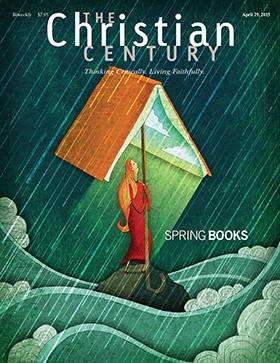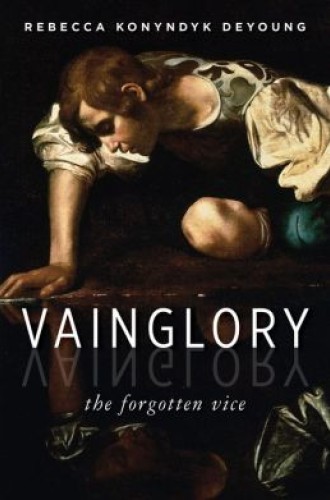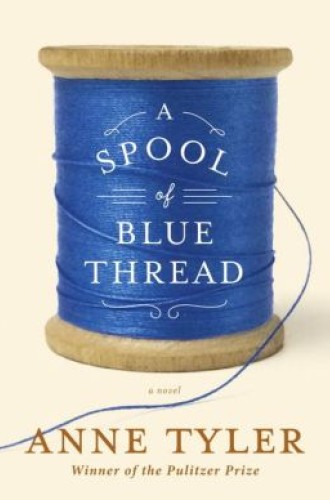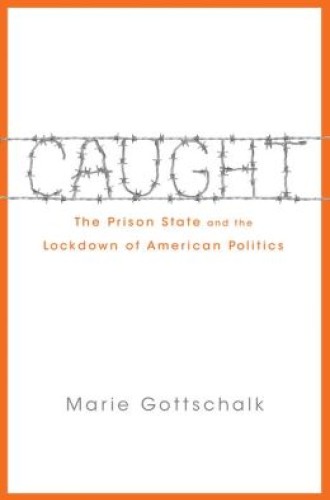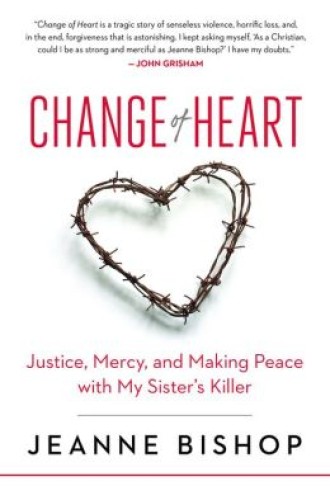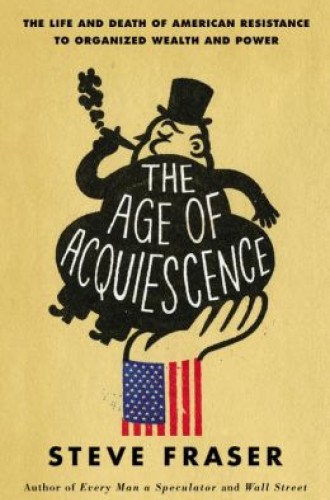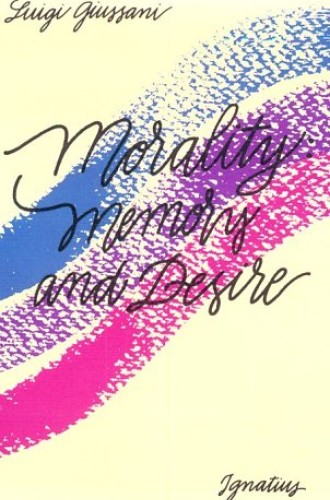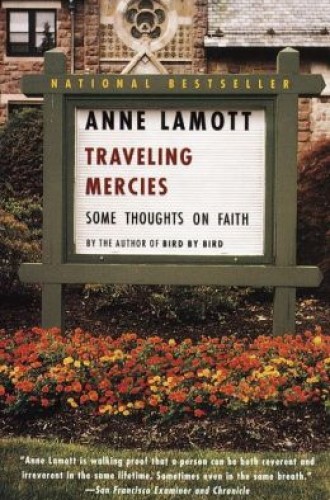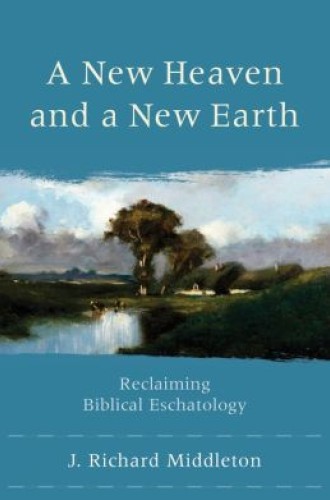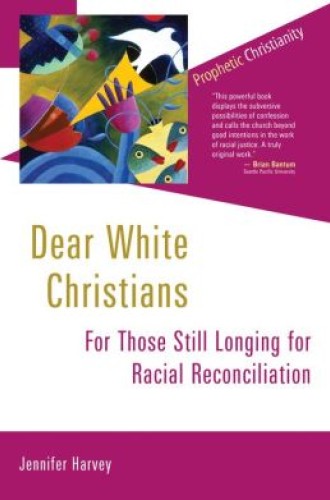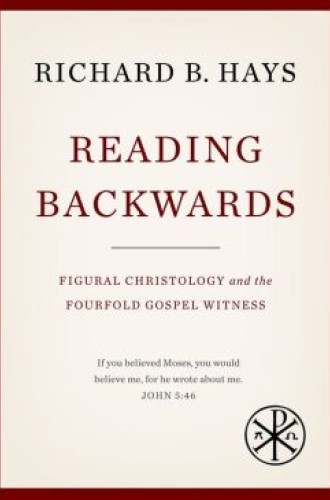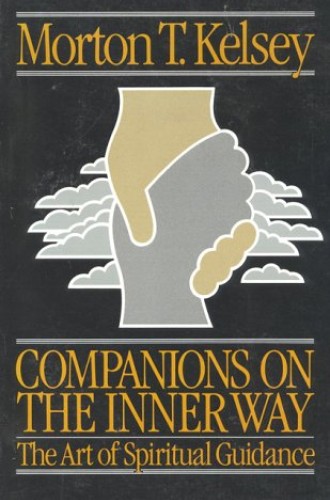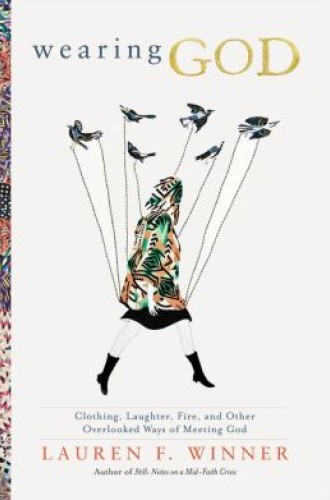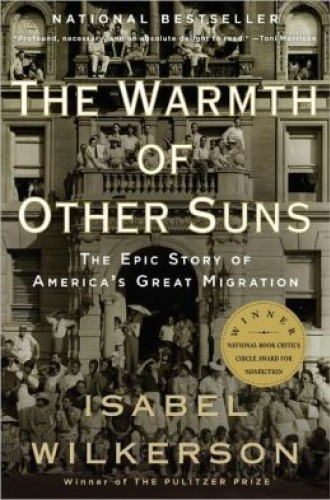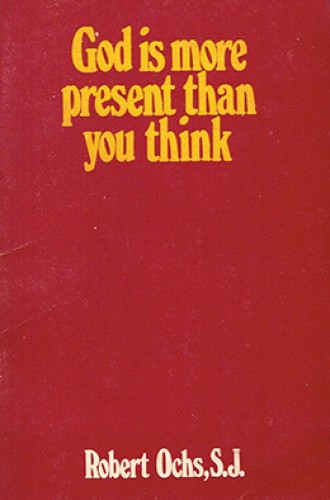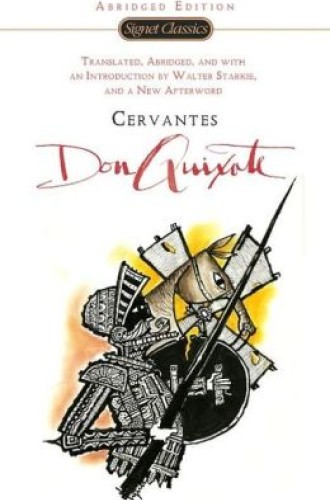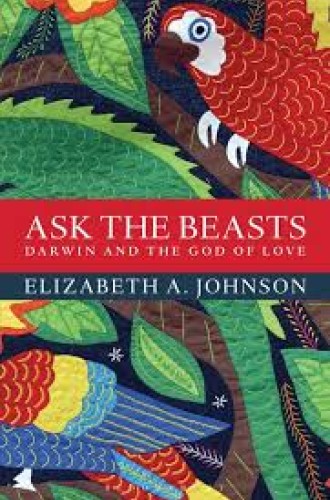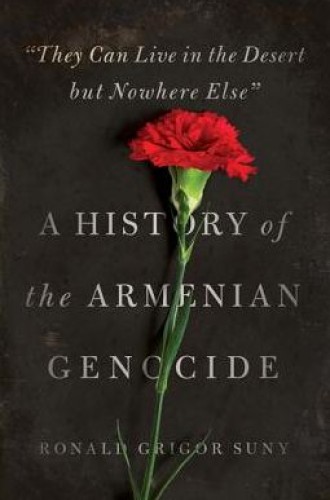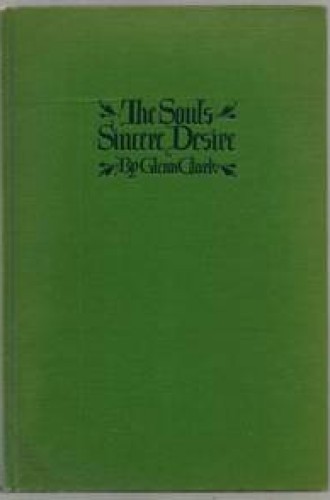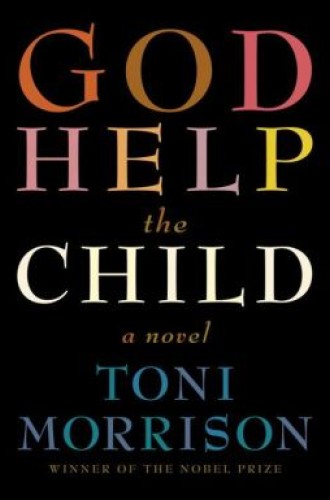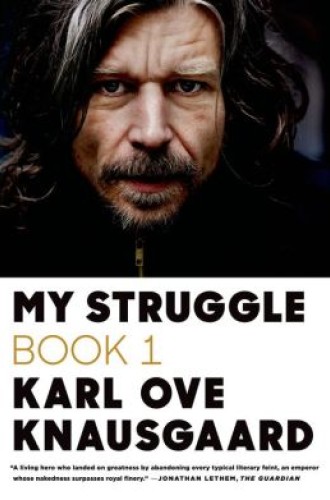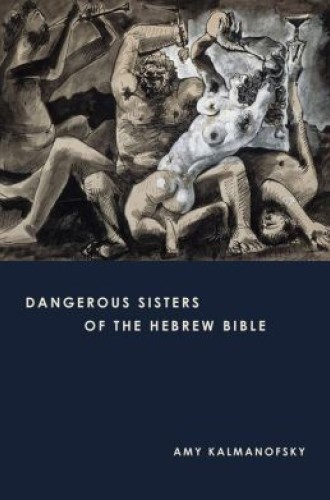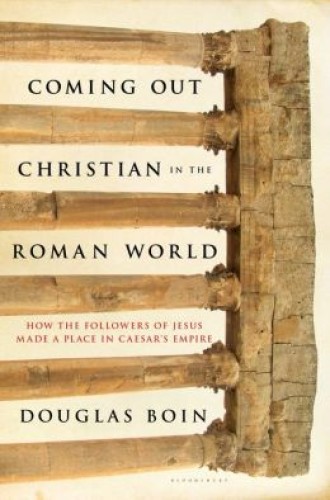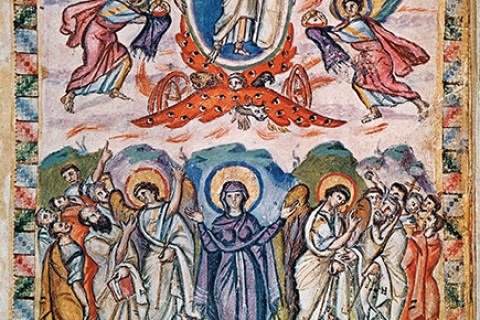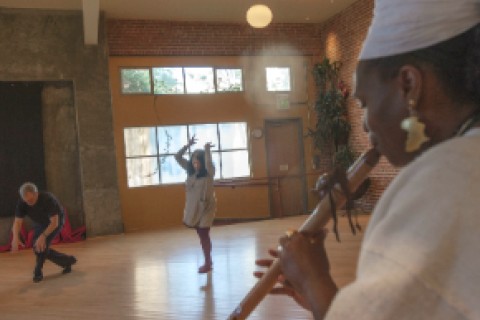Features
Take & read: Spring books
Glimpse of the holy: Notes on three spiritual writers
The Proust of Norway
Books
Vainglory, by Rebecca Konyndyk DeYoung
If vainglory is about stealing glory from God, it is unintelligible outside the house of faith. This may explain why Rebecca DeYoung's book flows against the current of attempts to reclaim narcissism and pride.
Gateway to Freedom, by Eric Foner
Eric Foner resurrects the history of the Underground Railroad, its powerful place in New York City, and how it helped Harriet Beecher Stowe and others bring about the war that ended slavery.
A Spool of Blue Thread, by Anne Tyler
Anne Tyler's 20th novel is, like her previous 19, about a mildly dysfunctional Baltimore family of loyal yet infuriating people who love one another, but not always helpfully.
Caught, by Marie Gottschalk
Marie Gottschalk describes an American penal system that has all but abandoned any real attempt to rehabilitate its inmates.

Take & read: Spring books
Our spring books issue includes scholars' recommendations of the best recently published books in Old Testament, theology, and ethics.
Change of Heart, by Jeanne Bishop
When Jeanne Bishop learned of her sister's murder, she found herself saying aloud, "I don't want to hate anybody."
The Age of Acquiescence, by Steve Fraser
Why was the first Gilded Age a time of sometimes violent resistance, while ours is an age of acquiescence? Steve Fraser's answer is twofold: capitalism has changed, and so has the social imaginary that enfolds it.
Morality vs. moralism
Just when I was feeling despondent, I was asked to review a book by Luigi Giussani. His rhetoric both bamboozled and mesmerized me.
Secretly orthodox
I kept quiet about my faith for fear of embarrassment. Then I read Anne Lamott, and suddenly I wasn't so alone.
A New Heaven and a New Earth, by J. Richard Middleton
These days, we need a strong current of theological explication of Christian eschatology. Richard Middleton has stepped forward—and his book doesn't even mention zombies.
Ethics
Reading Backwards, by Richard B. Hays
Richard Hays has said for years that he's working on something about "echoes of scripture in the Gospels." But life intervened, so he has produced this slim volume as an appetizer.
God amid materialism
Morton Kelsey showed me that I was under a spell that needed to be broken.
Wearing God, by Lauren F. Winner
I read Lauren Winner's new book with the sort of joy one feels when watching someone utterly hit their stride.
Unfamiliar lands
Princeton Theological Seminary can be a lonely place for an African American professor. During a difficult period, I saw Isabel Wilkerson on PBS.
Discerning desire
I was 29, agonizing over a decision, when I came upon a little book by Robert Ochs.
A man forgiven
Instead of sitting down to rage at a blank page again, I grabbed a copy of Don Quixote. Three days later, the ice of time had cracked.
Theology
“They Can Live in the Desert but Nowhere Else,” by Ronald Grigor Suny
Study of the Armenian genocide has attracted many fine scholars, but Ronald Suny's book stands out.
Living with selfhood
When I was 13, my pastor slipped me Glenn Clark's The Soul's Sincere Desire. Within three pages, I knew I had a soul.
God Help the Child, by Toni Morrison
In her 11th novel Toni Morrison returns to the foundation of most of her fiction: childhood and its traumatic effects.
The Proust of Norway
Karl Ove Knausgaard forced me to cancel six months of my life in order to fixate on 30 years of his.
God wills it
The appeal of Abandonment to Divine Providence is its simple, lyrical repetition of a single idea: whatever happens is the will of God.
Old Testament
Coming Out Christian in the Roman World, by Douglas Boin
The "Fall of Rome...is not a historical event; it's more akin to a theological idea." So proclaims Douglas Boin, sacking the understanding of early Christian identity that has prevailed since at least the second century.


